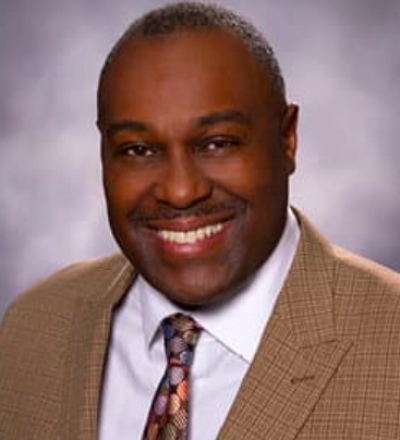When cancer hits your congregation, don’t make these 3 mistakes
A cancer diagnosis is devastating news that no one wants to receive. But at some point in our lifetimes, chances are that we — or someone we love — will. And when that difficult time comes, we'd like to believe our church family will rally and be just what we need, but oftentimes and unfortunately, it's not the case.
Though there are a number of mistakes we make as individuals and congregations when we hear that someone has cancer, here are three we can avoid:
1. Don’t assume the person battling cancer and their family are being comforted/supported by others.

Many times, because people aren’t sure what to say or do, they do nothing … and justify it by believing “someone else is taking care of it.” But if everyone is thinking this way, no one is taking care of the family, supporting them, or encouraging them. Patients and their loved ones can end up feeling isolated and ignored by the very people that claim to be there when they need them most, resulting in confusion or anger. Instead, respectfully engage the patient and their family and make yourself clearly — and joyfully — available. Many people are too proud to reach out to others, even if they have significant needs. The result of this type of attentive community engagement creates a communal sense of love, care and kindness, which fulfills the mandate of Christ as outlined in Matthew 25 to “clothe the naked, feed the hungry, visit them that are imprisoned and take care of the sick!”
2. Don’t allow a climate of guilt or sin to be the “associated explanation” for a cancer crisis.
There can be a tendency among the faith community to default to a spiritual ‘cause and effect’ rationale to make sense of a cancer diagnosis. But this approach only causes someone who is already sick to feel guilty, defeated and discouraged, depriving them of the energy they need for recovery. Secondly, it forces caregivers and loved ones into the roles of jurors, as opposed to supporters. It also discourages others from sharing, should they ever find themselves in a similar situation. We should be reminded of the biblical examples that deter us from this school of thought, such as the story of Job (Job 1:1) and the man who was born blind (John 9:1-12). Be mindful that cancer is indiscriminate and touches many people in every walk of life for various reasons that may have nothing to do with one’s behavior or practices. As members of the faith community, it is simply not in our job description to judge, but rather to love, support and encourage those in need.
3. Don’t assume your pastor will know just what to say or how to respond.
When a member of your congregation shares that he or she has been diagnosed with cancer, even your pastor may be taken aback initially and need some time to calibrate themselves. Remember, your pastor is human, too. Not to mention, most of the formal training pastors receive is theological in nature. "We can help our spiritual leaders by sharing information designed especially for them regarding this type of specialized ministry support. Our Journey of Hope, for instance, provides training that can equip and enable them in this arena,” says Percy McCray, a pastor and cancer survivor, who is also National Director of Faith-Based Programs for Cancer Treatment Centers of America® (CTCA). “Twenty-five years of service in healthcare ministry has allowed me to understand that a lack of training — not desire — means that many of our spiritual leaders are simply not equipped to have that conversation.”
A cancer survivor himself, Rev. Percy McCray Jr. has spent more than 20 years ministering to cancer patients and their caregivers at Cancer Treatment Centers of America® (CTCA), where he serves as the Director of Faith-Based Programs and provides leadership to the pastoral care staff at CTCA hospitals across the U.S. Additionally, Rev. McCray oversees Our Journey of Hope®, a nationwide cancer care ministry training, and support program and co-hosts the 'Health, Hope and Inspiration' podcast, helping people learn how to live purposefully with cancer.
Listen at https://www.healthhopeandinspiration.com/, Apple Podcasts, Spotify or anywhere podcasts are available.




























